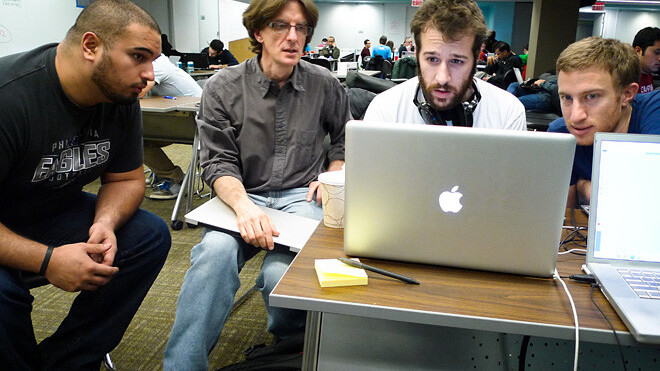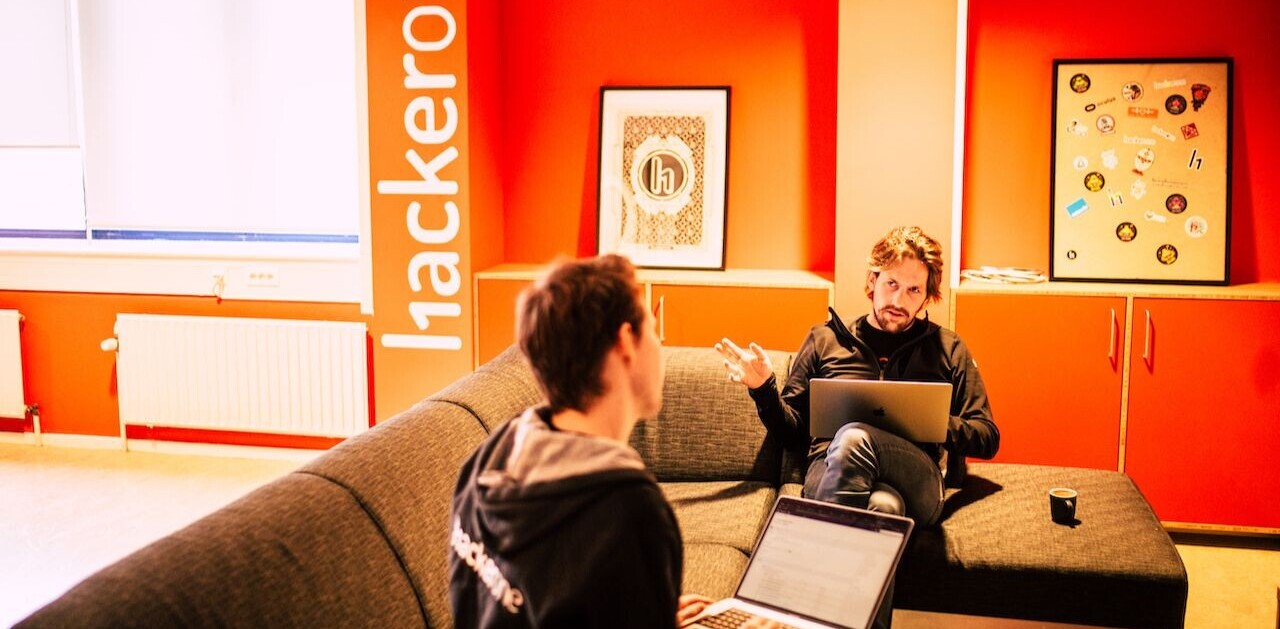
Do you have a mentor?
Ask any successful person this question, and they will surely tell you stories about how their deep, long-standing relationships with their mentors helped inspire, guide, and support them throughout their career. Great mentor-mentee relationships, rich in knowledge, advice, and perspective, are often formed over months and years of conversations and shared experiences.
So, how can one be a great mentor in a weekend?
This past weekend I participated in Startup Weekend Mobile as a mentor, offering strategic advice to the teams of entrepreneurs sharing ideas and building companies in the mobile industry. In my daily job as a venture capitalist, I spend much of my time listening to entrepreneurs, helping them think about their ideas, challenges, and plans for their companies. But Startup Weekend (and other similar time-limited incubators, hackathons and programs) presents a unique challenge for mentors, as the limited-time and limited-scope structure of the event forces one to approach the mentoring process a little differently.

Here’s how to be a great mentor (and a great mentee) at an event like Startup Weekend.
1) Being a great mentor (and a great mentee) starts with listening.
Listening is the key component of a mentor-mentee relationship, and it’s even more important in a time-constricted event like Startup Weekend. Without a past relationship to draw on, it’s important for mentors to listen and understand ideas, approaches, strengths, and weaknesses as quickly as possible.
As Anna Curran, one of the organizers of Startup Weekend Mobile, advised,
“Good mentors come in and roll up their sleeves. Great mentors listen to what team wants to accomplish and teach them ways of thinking and how to approach their challenges.”
But it’s not just mentors that need to listen: mentees need to listen to mentors to make sure their advice is relevant and applicable for what they’re building. Advice is cheap to give but expensive to use. Be very cognizant of the asymmetry between giving and using advice when you’re deciding what to say and what to do. As a mentor, work to understand how hard it would be for them to implement your solution. If it’s not possible for them to accomplish with their current ability and scope, help them figure out the trade-offs they face.
2) Being a good mentor and a mentee isn’t about giving great answers, but asking great questions.
Good decisions come from good questions. At Startup Weekend, there is typically an abundance of mentors, drawing on many different backgrounds, experiences, and skillsets. It’s up to entrepreneurs to find relevant mentors as quickly as possible. Ask questions about a mentor’s background to understand the rationale behind their advice. What they’ve learned in their experience building products and businesses may not apply to you or your immediate needs. They may have deep biases based on their own experiences that don’t apply to your decisions. Ask questions, listen carefully, and then decide what you need to accept, ignore, or reject. Challenge mentors on their advice the same way they challenge your ideas.
And as a mentor, be aware of what you know and what you don’t know, and develop an awareness about your biases. Take the weekend as an opportunity to learn. Listen to people about their ideas, ask them about key trends in their industries, ask them about why they made certain tactical decisions. You’ll get the chance to learn about industries, products, and big problems you’ve probably never heard about.

3) Assume responsibility for your advice and your decisions.
As a mentor, instead of pressing an entrepreneur on the decisions they made, work to understand their individual situation and rationale behind their initial ideas. Many ideas built at Startup Weekend are still in very early stages, and with so many product, business and strategic decisions to be made in such a short timeframe, early advice is tremendously valuable.
But with so many decisions to be made, it’s important to not leave teams spinning their wheels. Don’t leave an entrepreneur with tons of different thoughts about their idea: leave an entrepreneur with a map to make decisions. You won’t be able to help them make all their decisions during the weekend, but you can help give them a structured approach to answering their own questions.
As entrepreneur Keith Fiore said from my interactions with him during the weekend,
“While our team was still mapping out the the functionality of our concept, you were able to point out holes and concerns with our logic early on. We incorporated your concerns into our thinking and worked to plug those holes so our final concept was stronger.”
At the end of the day, it’s the entrepreneurs who decide what to build and how to do it. Listen, challenge, use, reject, and move forward. A mentor’s advice doesn’t have to be implemented, and if it is, an entrepreneur shouldn’t do it to absolve themselves from the results of their decisions. Startup Weekend is for entrepreneurs, not mentors. Act accordingly.
Get the TNW newsletter
Get the most important tech news in your inbox each week.




